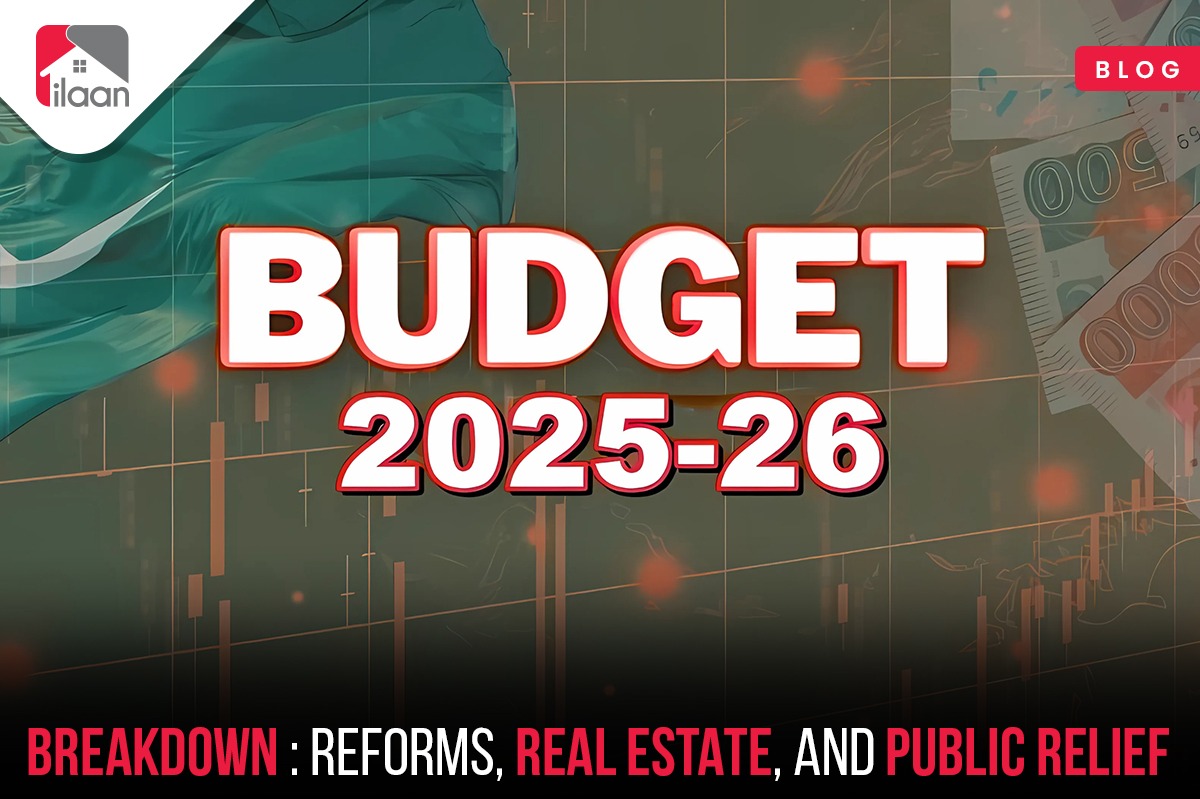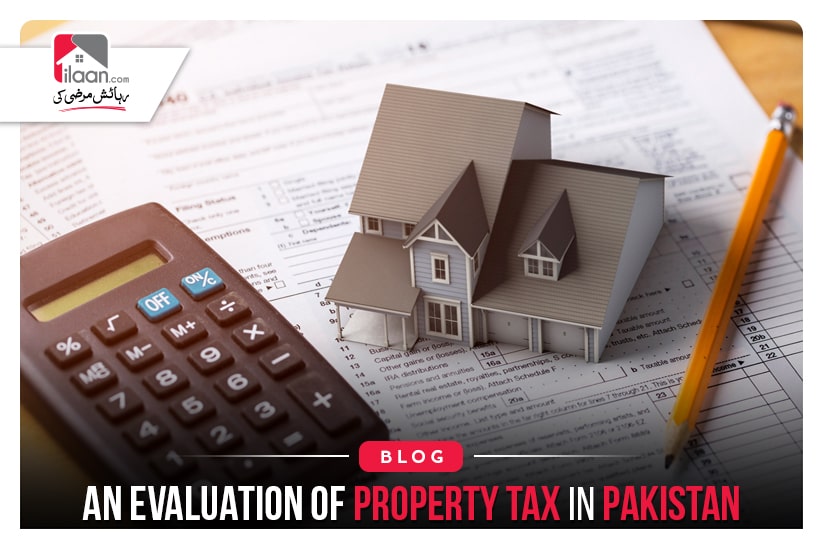A common notion amongst residents of any country is that a responsible citizen is he who pays his taxes regularly. However, the word ‘Tax’ has a notorious reputation because it is often considered an easy way for the government to steal from its citizens. Such views are further fueled by the lacunas left by the volatile political havoc ensuing in the country recently. With the trend of paying taxes uncommon within the country, the government has to heavily rely on external sources for the completion of its projects. This includes international funding for the completion of its projects in the form of loans. Pakistan has been receiving most of the funding through the International Monetary Fund, however, with the excruciating demands made by the IMF have left the transfer of loans in jeopardy. One of the significant requirements to acquire the loans through IMF has been to achieve a tax revenue of Rs.7,004 billion for the federal board of revenue FY2022-23. This amount is a significant increase of 16.7 percent from last year. To achieve this swollen number, the government has no choice but to impose taxes on all the amenities provided to the citizens.
FBR: Delivering better or worse solutions?
Fulfilling its role as a tax policymaker as well as a tax collection authority, FBR has delivered new ways of tax collection. One of the initiatives proposed and implemented has been to impose taxes upon idle plots. This decision has received severe backlash from the real estate agents despite being implemented following section 7E of the Income Tax Ordinance, 2001. The reason why this decision has been negatively received is that the property holders will only be allowed to receive rent equal to 5% of the fair market value for their properties.
Despite acknowledging that the tax collected will be used to pay salaries, develop infrastructure and pay off existing loans, the decision has been negatively received by both the foreign and national citizens. This is because the existing taxpayers within the country are further burdened by the imposition of this decision. Instead of imposing further taxes, the government should widen its tax base. According to the International Development Committee, only a meager amount of 768,000 out of the 190 million residents of Pakistan pay taxes. However, the proposed section 7E does not allow the FBR to widen its tax base. Therefore, the already existing taxpayers are further burdened by this imposition while the non-taxpayers remain relatively unscathed.
The Indian Tax Act, 1961
The decision taken by the government of Pakistan is somewhat similar to the Indian tax act imposed by the Indian government in 1961. The Tax act, also referred to as the Income-Tax act is a comprehensive statute, focusing on the different rules and regulations that govern taxation within the country. It is responsible for providing levying, administering, collecting, and governing taxation within the country.
Commonly referred to, as the Income Tax act, it focuses on the different rules and regulations set to govern taxation within the country. Added to that, it provides for levying, administering, collecting, and recovering income tax for the Indian government.
The various heads for which you have to pay income tax include the income from house property as well. The tax was imposed in 1961 under the ruling that the notional letting of property can be taxed since it can be considered as a source of 'income’.
However, from this point onwards, the differences begin. One of the major differences between the legislative lists is entry 50 in the constitution of Pakistan. This entry limits the deferral legislative domain by listing “taxes on the capital value of the assets, not including taxes on immovable property”. The union list on the other hand does not specify anything, granting the Indian Federal Legislature broad legislative powers. In contrast, the residual legislative powers for subjects not mentioned in the Federal Legislative List vest with the provinces as a result of the 18th Amendment to the constitution, which aimed at providing more financial and legislative autonomy to the provinces.
How is the imposition of this tax invalid?
The 50th entry in the Federal Legislative List empowers the federal legislature to levy taxes on the capital value of the assets, without including the taxes already imposed upon its capital gains. The 18th amendment, however, removes the phrase ‘capital gains’ from the immovable property making the taxes imposed a provincial subject. The removal of these words means that the federal legislature cannot impose taxes on the capital value of immovable properties. However, tax can be levied on the capital gains made through the disposal of immovable property.
This decision itself creates blank spots which have created widespread confusion among the land owners. Despite equality before law being mentioned within Article 25 of the constitution of Pakistan, the proposed amendment will impose a tax upon the rental income whether the said land is being used for an income-generating purpose or not.
One of the themes strongly promoted by the imposition of this law has been to tax the wealthy. Considering only 0.57% of the country’s population are registered taxpayers, this could prove to be beneficial. However, this implies that the tax imposed by the federal legislature upon immovable property falls under the umbrella of the provincial legislature.
Recent Blog

10 Smart & Simple Tricks to Cool Your Home Th...
29 Jun 2025

Budget 2025-26 Breakdown: Reforms, Real Estat...
25 Jun 2025

How to Stay Safe on Your Northern Getaway Whi...
14 Jun 2025

Top 7 Online Qurbani Services in Pakistan for...
29 May 2025





